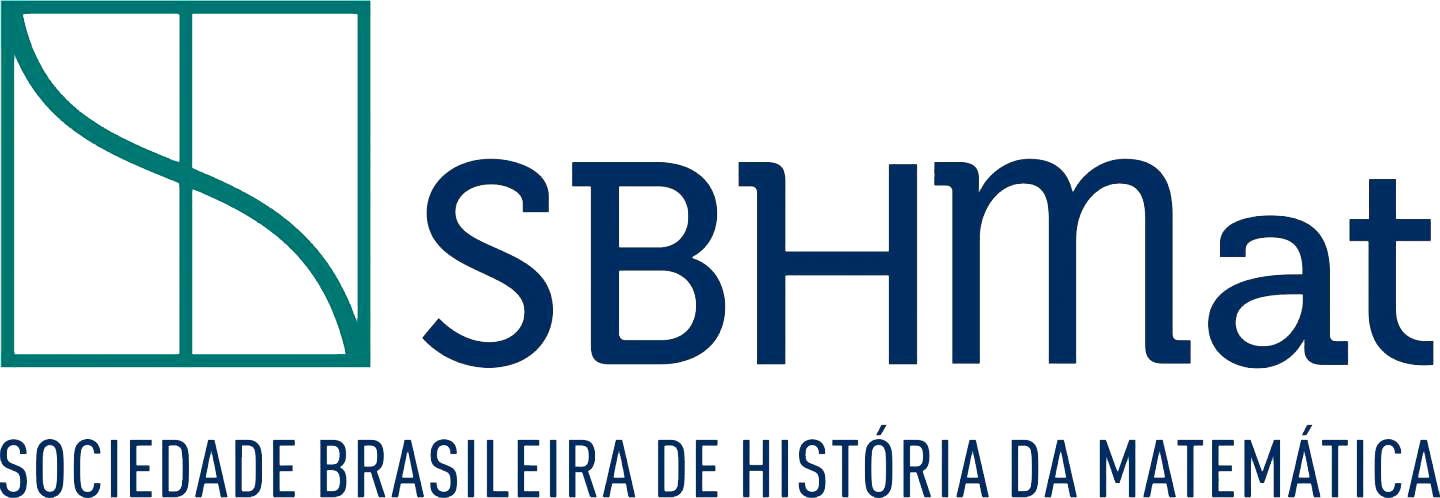SOCRATES IN BABYLON
DOI:
10.47976/RBHM2007vn39Palavras-chave:
SOCRATES IN BABYLONResumo
Socrates never visited Babylon. He probably did not even know that in the Old Babylonian period about 1,000 years before his birth Babylonian scribes produced texts that about 2,000 years after his death would be known, using a seemingly genuine Greek term, as Babylonian mathematics. The focus of this paper then is not the question of where Socrates traveled during his lifetime but rather whether it is feasible to assume that a Babylonian scribe argued about mathematics in the same way that Socrates as a spokesman of Plato did 1,000 years later.
Downloads
Não há dados estatísticos.
Métricas
Carregando Métricas ...
Referências
Ascher, M. (1994). Ethnomathematics: A Multicultural View of Mathematical Ideas. New York: Chapman & Hall.
Cantor, M. (1880). Vorlesungen über Geschichte der Mathematik. Vol. 1. Von den ältesten Zeiten bis zum Jahre 1200 n. Chr. Leipzig: Teubner.
D'Ambrosio, U. (2006). Ethnomathematics. Rotterdam: Sense Publishers.
Damerow, P. (2001). Kannten die Babylonier den Satz des Pythagoras? Epistemologische Anmerkungen zur Natur der Babylonischen Mathematik. In J. Høyrup & P.
Damerow (Eds.), Changing Views on Ancient Near Eastern Mathematics (pp. 219- 310). Berlin: Reimer.
Gandz, S. (1929). The Origin of Angle-Geometry. ISIS, 12, 452-481.
Gerdes, P. (1990). Ethnogeometrie: Kulturanthropologische Beiträge zur Genese und Didaktik der Geometrie. Bad Salzdetfurth: Franzbecker.
Cantor, M. (1880). Vorlesungen über Geschichte der Mathematik. Vol. 1. Von den ältesten Zeiten bis zum Jahre 1200 n. Chr. Leipzig: Teubner.
D'Ambrosio, U. (2006). Ethnomathematics. Rotterdam: Sense Publishers.
Damerow, P. (2001). Kannten die Babylonier den Satz des Pythagoras? Epistemologische Anmerkungen zur Natur der Babylonischen Mathematik. In J. Høyrup & P.
Damerow (Eds.), Changing Views on Ancient Near Eastern Mathematics (pp. 219- 310). Berlin: Reimer.
Gandz, S. (1929). The Origin of Angle-Geometry. ISIS, 12, 452-481.
Gerdes, P. (1990). Ethnogeometrie: Kulturanthropologische Beiträge zur Genese und Didaktik der Geometrie. Bad Salzdetfurth: Franzbecker.
Downloads
Publicado
07-11-2020
Métricas
Visualizações do artigo: 214 PDF downloads: 194
Como Citar
DAMEROW, Peter. SOCRATES IN BABYLON. Revista Brasileira de História da Matemática, São Paulo, p. 39, 2020. DOI: 10.47976/RBHM2007vn39. Disponível em: https://rbhm.org.br/index.php/RBHM/article/view/318. Acesso em: 3 jun. 2025.
Edição
Seção
Artigos




































